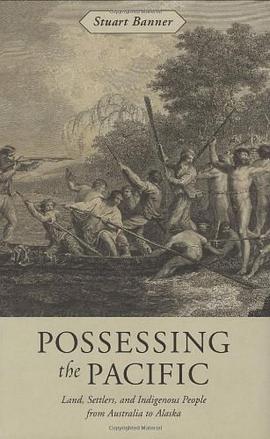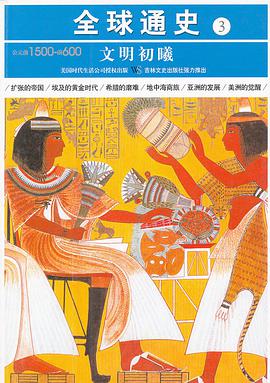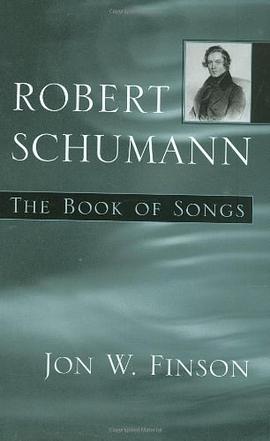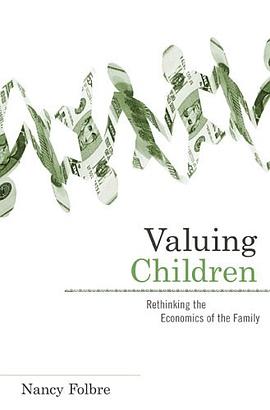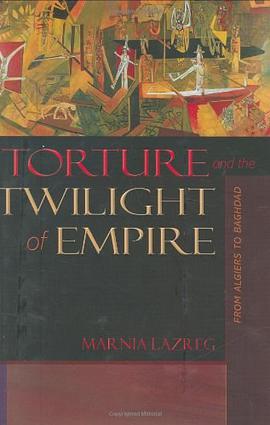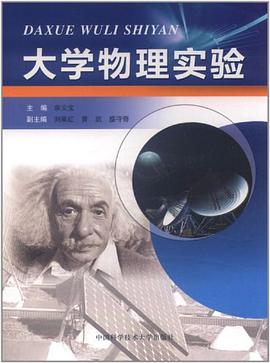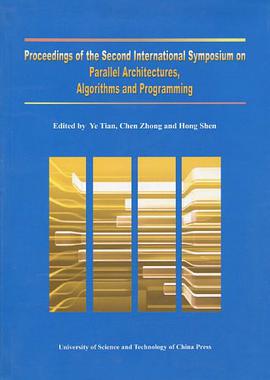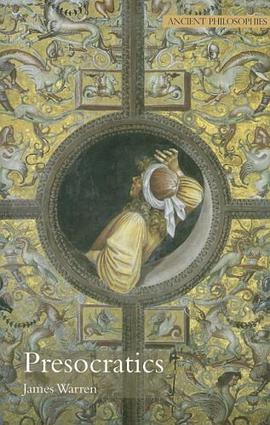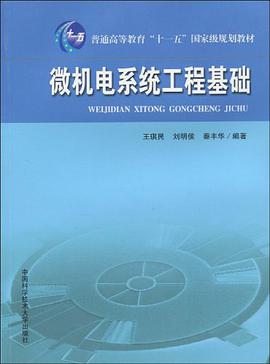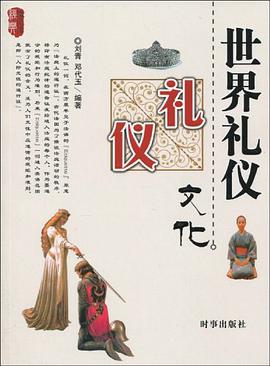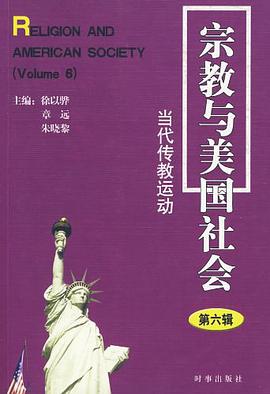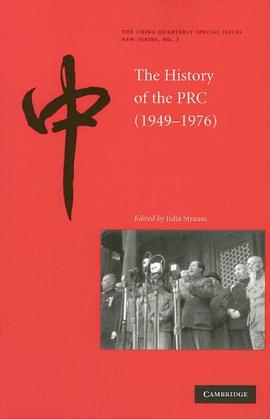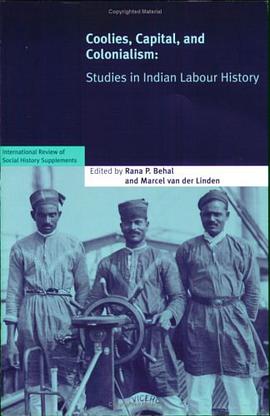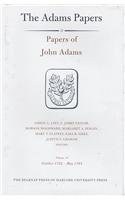

John Adams reached Paris on October 26, 1782, for the final act of the American Revolution: the peace treaty. This volume chronicles his role in the negotiations and the decision to conclude a peace separate from France. Determined that the United States pursue an independent foreign policy, Adams' letters criticized Congress' naive confidence in France. But in April 1783, frustrated at delays over the final treaty and at real and imagined slights from Congress and Benjamin Franklin, Adams believed the crux of the problem was Franklin's moral bankruptcy and servile Francophilia in the service of a duplicitous Comte de Vergennes.Volume 14 covers more than just the peace negotiations. As American minister to the Netherlands, Adams managed the distribution of funds from the Dutch-American loan. Always an astute observer, he commented on the fall of the Shelburne ministry and its replacement by the Fox-North coalition, the future of the Anglo-American relationship, and the prospects for the United States in the post-revolutionary world. But he was also an anxious father, craving news of John Quincy Adams' slow journey from St. Petersburg to The Hague. By May 1783, Adams was tired of Europe, but resigned to remaining until his work was done.
具體描述
讀後感
評分
評分
評分
評分
用戶評價
相關圖書
本站所有內容均為互聯網搜索引擎提供的公開搜索信息,本站不存儲任何數據與內容,任何內容與數據均與本站無關,如有需要請聯繫相關搜索引擎包括但不限於百度,google,bing,sogou 等
© 2025 qciss.net All Rights Reserved. 小哈圖書下載中心 版权所有


